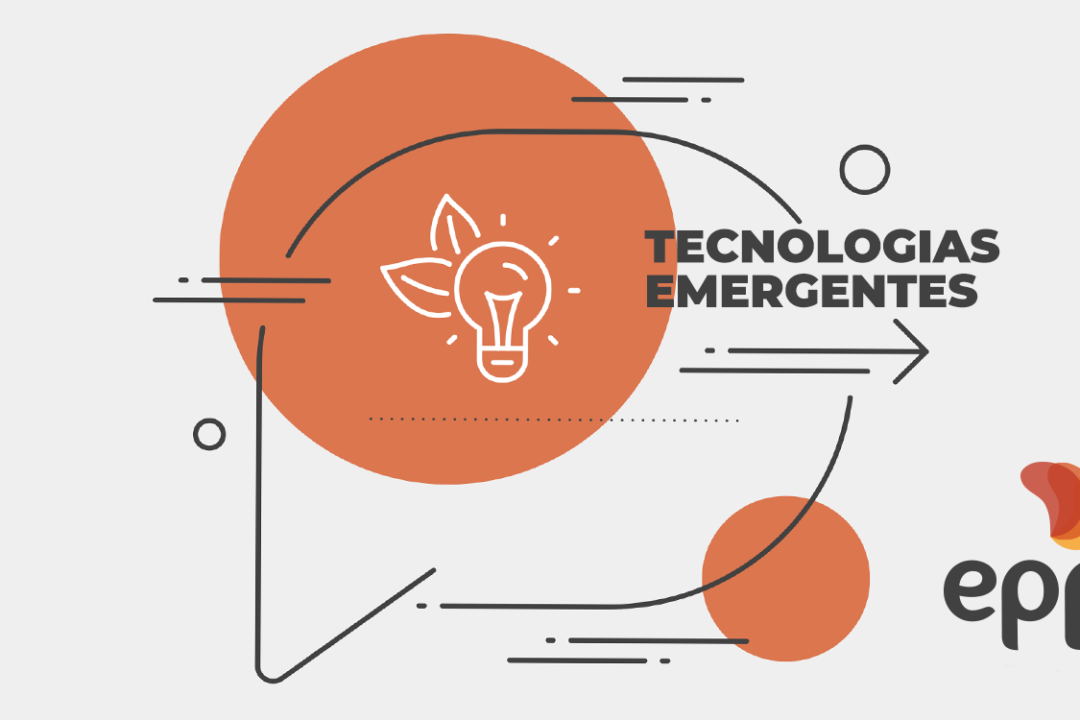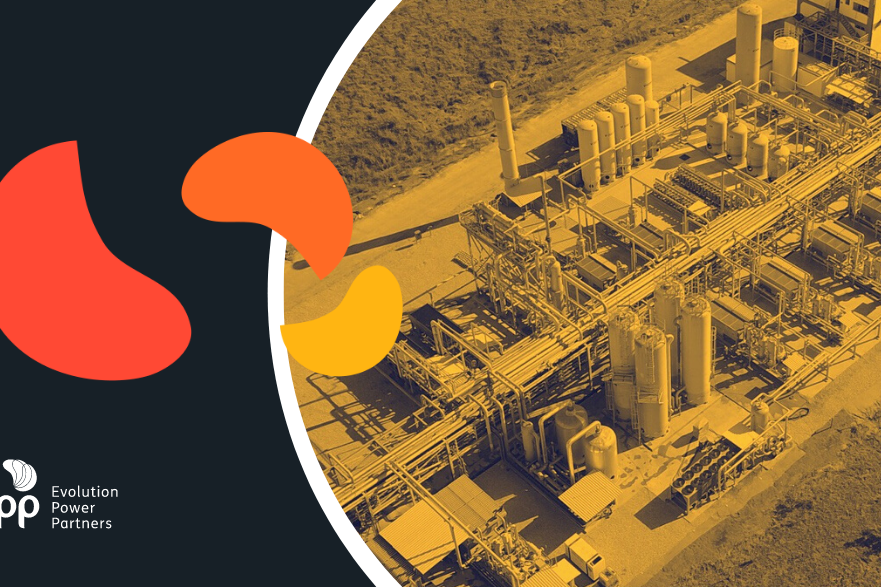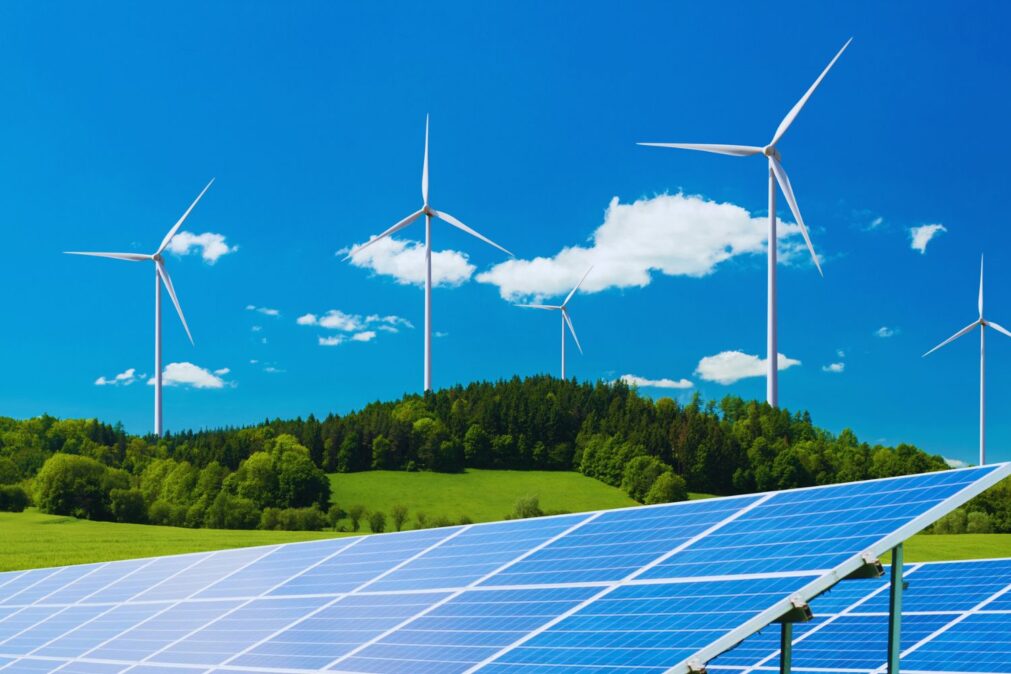With a change in consumer habits and investment risk patterns, companies are increasingly opting for an ESG agenda. Understand
More and more companies are looking for an ESG agenda. In addition to seeking objectives aligned with the environment, society and corporate governance, organizations are also following global decarbonization goals, in the search for building a better world.
At the same time that the concern with the maintenance of the environment grows in society, managers are also concerned with its impacts on society and in which context it is necessary to change to promote economic development, without giving up sustainability.
The ESG agenda beyond environmental and social agendas
Recently, the acronym ESG has become a recurring name in the vocabulary of corporate executives and investors. Although the environmental and social agendas are relevant and promote important impacts on society, these actions are now beginning to guide financing as well.
In the global scenario, it is estimated that at least 30 trillion dollars in assets are currently under the management of funds that only apply their resources to businesses and companies with sustainable practices.
The cultural changes in society, which intensify the clamor for sustainability with a circular economy, are being followed by banks. Thus, the market has changed its risk analysis criteria, building a near future in which there will no longer be space for projects by agents that are at risk or cause negative impacts on society.
In other words, the financial institution, the investor and the client will be paying attention to these points, no longer accepting these types of actions by companies. In the energy area, for example, investments in the sector are capital intensive and there is a certain responsibility of the bank in granting this credit. Thus, companies that demonstrate inefficiency in sustainability will have difficulty obtaining credit.
Energy sources aligned with the ESG agenda
The covid-19 pandemic was a catalyst for ESG action, bringing the importance of more sustainable economies to the center of the debate. In this sense, some sources stand out as opportunities aligned with this agenda.
Brazil invests less than 2% of its Gross Domestic Product (GDP) in infrastructure. Thus, it is necessary to increase this amount to develop infrastructure areas, such as the electricity sector, and help the country’s economic growth.
In this context, green finance presents itself as a financial innovation with the potential to play a relevant role in financing infrastructure. Today, the country already has the largest green finance market in Latin America, with nearly $6 billion of green debentures issued since 2016.
Although it has yet to develop at the market level, green hydrogen is touted as one of the energies of the future. This occurs because the model uses clean sources for generation, such as solar or hydroelectric energy for the production of hydrogen. In Brazil, there is already a production HUB in Ceará to develop this market.
In addition to this source, thermal plants powered by biomass and biogas have been gaining space in auctions and highlighted among investments. The expectation is that in the coming years the model will become financially viable and will be able to compete with other clean and renewable sources.
Therefore, it is possible to conclude that the ESG agenda will be strengthened in Brazil in the coming years. After all, in addition to social, environmental and governance factors, the change in risk analysis indicates where the financing market should grow. Therefore, organizations are already investing in more sustainable actions.
If you liked this content and want to understand better about the biomass thermal market, read this content about the MSW market in the country.






